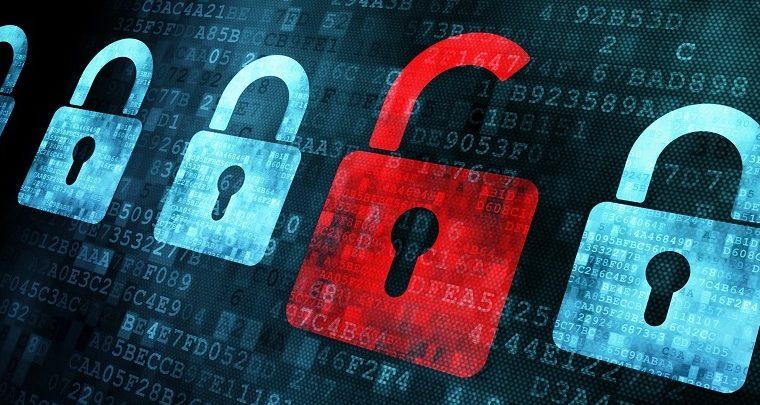By Trust and Estates Attorney Kerri Castellini
The Maryland Fiduciary Access to Digital Assets Act (SSB239/HB507) was signed into law by Governor Lawrence J. Hogan, Jr. and is slated to take effect on October 1, 2016. The law is a significant leap by the State of Maryland to catch up to the digital age.
Prior to the passage of the law, the pervasive use of electronic banking and investing has posed a problem for many fiduciaries. Without the receipt of paper statements, Personal Representatives, attorney(s)-in-fact, and guardians of the property have had a difficult time locating an individual’s assets, sometimes leading to an exhaustive search of several banking and financial institutions before asserts are uncovered.
Even when the accounts were known and the fiduciary was aware of an individual’s required credentials, their access was limited by the provider’s terms of service agreement, which often did not allow the fiduciary to access another individual’s account.
This was particularly frustrating for loved ones who were searching for answers or wished to access their deceased relative’s final words on social media accounts. With the passage of the MFADAA, an individual can grant or prohibit a fiduciary, such as an attorney-in-fact, trustee, personal representative, or guardian the ability to access his or her digital assets.
The MFADAA defines the term “digital asset” as “an electronic record in which an individual has a right or interest.” The bill states that a user may “in a will, trust, Power of Attorney, or other record, allow or prohibit disclosure to a fiduciary of some or all of the user’s digital assets, including the content of electronic communications sent or received by the user.”
The bill also provides that user can grant full or partial access to the account, and that a custodian of the account may charge a reasonable fee for disclosing the digital asset.
Many estates and trusts attorneys have incorporated this grant of access to digital assets in their documents in anticipation of the law catching up.
The bill also provides for a change to the Maryland Statutory Power of Attorney, which now recites with regards to digital assets, “With respect to this subject, in accordance with the Maryland Fiduciary Access to Digital Assets Act, my agent shall have authority over and the right to access:
1) The content of any of my electronic communications;
2) Any catalog of electronic communications sent or received by me; and
3) Any other digital asset in which I have a right or interest.”
In addition, some estate attorneys and financial advisors have strongly urged clients to create a list of electronic accounts, including bank accounts, electronic investment accounts, and social media account, along with their user credentials and to store said list in a secure location.
The MFADAA was based on the Fiduciary Access to Digital Assets Act created by the Uniform Law Commission. According the Uniform Law Commission legislative fact sheet[1], similar bills have been proposed in 18 other states, and enacted in 14. Notably, and as of the date of this blog, it does not appear that either the District of Columbia or the Commonwealth of Virginia has proposed a similar law.
Although the full effect of the new law is yet to be tested, it is clear that this is a step in the right direction for Maryland in addressing an issue that is bound to be more complicated in the future.
[1] http://www.uniformlaws.org/LegislativeFactSheet.aspx?title=Fiduciary Access to Digital Assets Act, Revised (2015)

